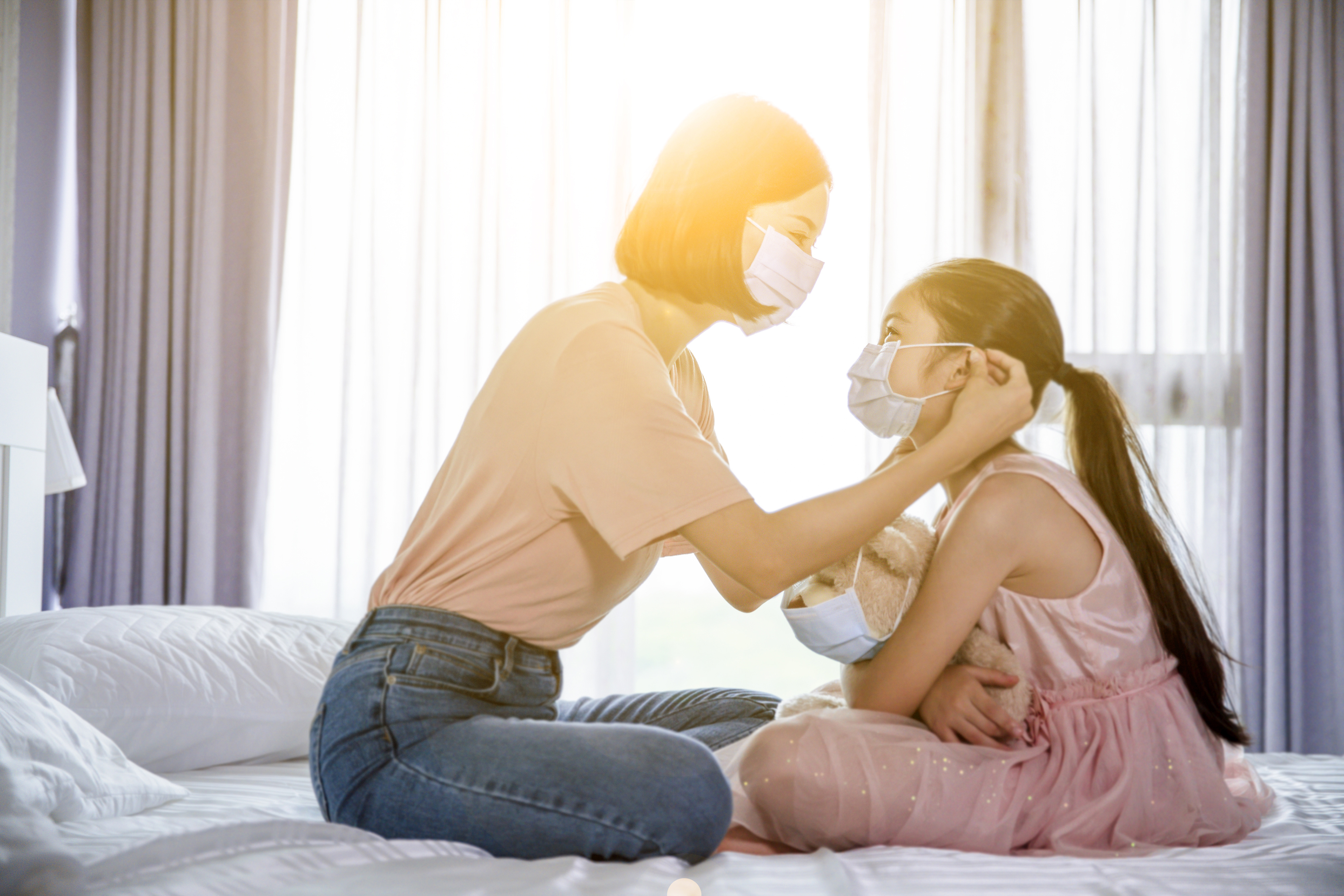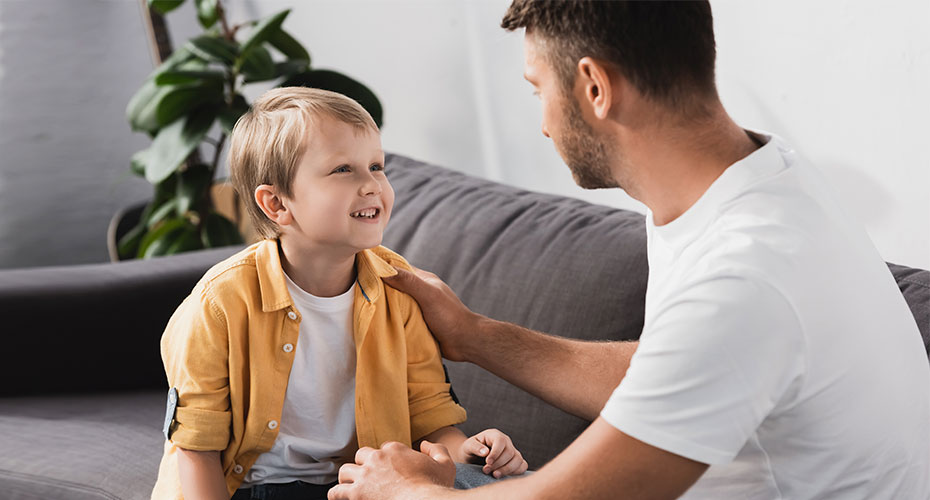Sep 7, 2021
Supporting kids’ mental health as schools reopen
As many children head back to their first in-person pandemic schoolyear, parents can help support their mental health by providing accurate information, making them feel safe, and managing their own stress, clinicians say.
Coverage spoke with Dr. Neha Sharma, a child and adolescent psychiatrist at Tufts Children’s Hospital, about ways to help elementary-age kids successfully transition this fall.

Ask questions
“First, make sure you know what your child’s concerns are,” Sharma said. “Don’t assume. Be curious and ask questions.”
While some children may be perfectionists who are worried about academic performance after a year of hybrid learning, others may be shy or socially anxious. Before parents can help, there should be open communication about how the child is feeling and what they are expecting, hoping for or dreading.
“Let them know you are there to listen and help,” she said.
Make sure they’re informed
Make sure your family has up-to-date information on the pandemic, preferably from one reliable source, Sharma said. It is important that parents have the facts they need to address their own worries before addressing children’s concerns.
“Getting news from multiple resources can lead to conflicting information, and that generates more anxiety,” Sharma said. “For both the child and the parent.”
Parents can be open with their children about COVID-19, as long as the information is communicated in a way they can understand. “Be positive, hopeful, and consistent,” Sharma said. “Uncertainty generates more anxiety.” And avoid seeking facts on social media, which is often filled with myths and misinformation.
Sharma recommends the Centers for Disease Control and Prevention or Johns Hopkins University Coronavirus Resource Center as credible resources.
Provide reassurance
For children experiencing pandemic-related anxiety, remind them there are proven ways to reduce risk in school: masking, social distancing and hand-washing, Sharma said. You also can point out special health measures their schools may be taking, such as opening windows in classrooms or regular testing. Assure them that the adults in their lives are working to keep them healthy. And remind them that while it’s important to avoid infection, children rarely get severely ill from COVID.
Sharma noted some kids may also experience social anxiety because they’ve grown unused to being in group settings.
“Tell them they are not alone – other children are in the same boat,” Sharma said.
Let them know everyone will be adjusting to new settings, new classes and new rules, and that it is okay to run into hiccups while adjusting, she said. Remind them they have a team of family, friends, teachers and administrators ready to support them.
Prepare them for the year
Simple measures can help kids feel more comfortable when they return to school, Sharma said. For example, it may help to let them practice wearing a mask at home so it isn’t as difficult once classes start full-time. This is especially important for children who have sensory sensitivity, she said.

Setting up playdates with new classmates, walking kids through the school halls, and meeting with the teacher are other ways to ease stress, she said.
“The key is making things less unknown,” she said. “To make the unfamiliar more familiar.”
Support is especially important for children who are neurodivergent or have other special needs, she said.
“They have struggled more than others and have more needs, and may have lost more in terms of social connections and learning over the past 19 months,” she said.
Take care of your own mental health
Though it is important to address your child’s anxieties, it is equally important to tend to your own, Sharma said.
“The more fear you have, the more your children sense that,” she said.
Stress management strategies include exercise, keeping in contact with loved ones, and limiting news intake.
It may also help to have calming mental exercises on hand.
“Parents will probably have to do a bit of positive self-talk to remind themselves that it’ll be ok,” Sharma said.
Did you find this story informative?
All Coverage content can be reprinted for free.
Read more here.
PHOTO OF DR. NEHA SHARMA FROM TUFTS CHILDREN'S HOSPITAL

